
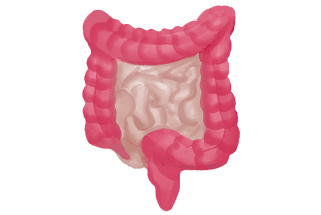
64%
of patients experience diarrhea4*
Whereas increased presence of gastrointestinal (GI) mucosal mast cells is seen in many common GI disorders, spindle-shaped mast cell aggregates and/or CD25 expression are unique to SM.5
Recognizing the symptoms of SM may help with earlier identification
In SM, skin lesions, diarrhea, anaphylaxis, and other symptoms often appear with unexplained persistence or recurrence.1,2
Select each of the cards below to learn about these common symptoms of SM
Other common symptoms include brain fog, headache, dizziness, abdominal pain, nausea, itching, flushing, bone pain, and fatigue. These are not all the possible symptoms patients with SM may experience.1,2
Are your patients exhibiting symptoms of SM?
Consider initiating testing for serum tryptase and KIT D816V at the first sign of the disease.2,7
LEARN MORE“I am filled with fear about eating. I am filled with fear about going to sleep. I am filled with fear about being alone.”
Kristine, a patient describing the unpredictability of ISM symptom triggers

SYSTEMIC1

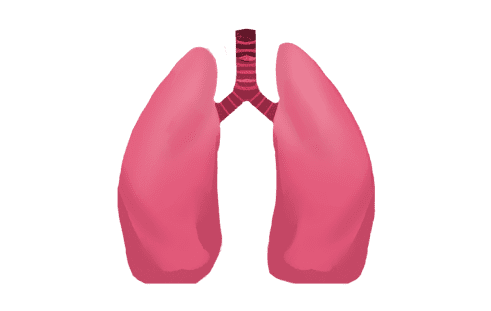
RESPIRATORY2

MUSCULOSKELETAL1

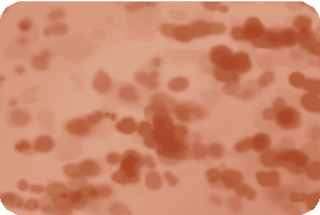
SKIN2

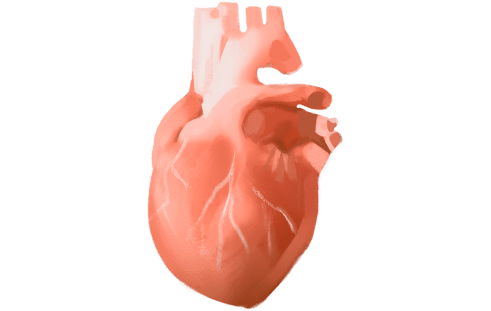
CARDIOVASCULAR1

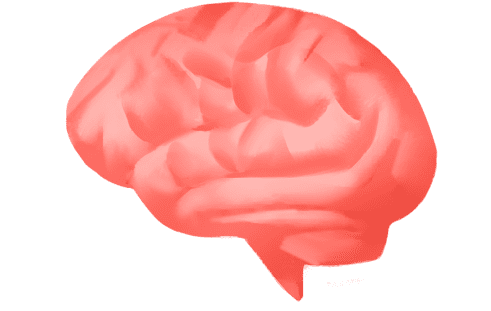
NEUROPSYCHIATRIC2


GASTROINTESTINAL1
Not an exhaustive list of all symptoms.
Symptoms may vary from person to person.
Did you know? Symptoms of SM can be perceived as various other disorders and conditions, leading to diagnostic delays2,8
This includes adult-onset mastocytosis in skin/cutaneous mastocytosis (MIS/CM), irritable bowel syndrome (IBS), and nonclonal mast cell activation syndrome (nc-MCAS).2,9,10
Explore Related Conditions